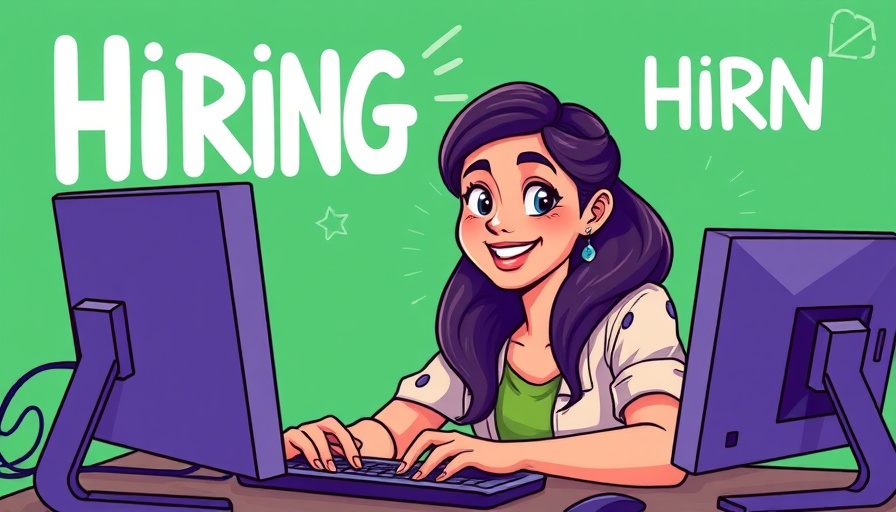
The Impact of AI on Future Jobs: Is the Worry Justified?
In an era saturated with technological advancements, the news of artificial intelligence’s (AI) escalating role in the workplace raises understandable concerns. David Willetts, President of the Resolution Foundation, articulates a viewpoint that emphasizes a more constructive approach towards AI's implications on jobs. While the fears regarding job displacement are real, Willetts argues that these worries could distract us from addressing the more pressing challenges we face in the labor market.
Historical Context: A Changing Job Landscape
Reflecting on past employment trends, Willetts highlights the changes in the job landscape since the '80s, when many people worried about the future of jobs amid rising unemployment rates. Just as roles have evolved from being focused on typing pools to engaging professions like software engineering and social media, the feared disruption caused by AI may also lead to the creation of new and unforeseen job sectors. His perspective underscores the importance of not getting mired in fear but rather looking forward to possibilities.
Understanding the Moravec Paradox
Willetts notes the Moravec paradox, which illustrates that computers often excel at complex cognitive tasks yet struggle with seemingly simpler physical tasks. This nuance influences the types of jobs that are at risk, where many cognitively demanding positions may be more vulnerable to automation than routine manual jobs. As industries evolve, the shift from traditional skills to tech-savvy roles suggests a new dynamic in job markets.
Graduate Employment: A Protective Shield?
The data concerning graduate employability offers a glimmer of hope amid concerns about AI. Graduates significantly lower their chances of unemployment compared to non-graduates, with Willetts indicating that the percentage of graduates receiving out-of-work benefits does not exceed 3% within fifteen years post-graduation. This promising statistic suggests that, far from being 'over-educated,' graduates hold a strong card in an ever-changing job market.
The Real Challenge: Adapting to Change
Willetts articulates that the greatest threat posed by AI is not simply the loss of jobs but rather the competition from individuals adept at utilizing AI to enhance their workplace efficiency. This underlines the necessity for ongoing education and reskilling to remain relevant in the workforce. The conversation needs to shift from fearing AI to embracing how we can integrate it into our work effectively and constructively.
Economic Dynamics: Embracing Change
Contrary to the belief that AI will freeze the job market, Willetts argues for a vibrant economy filled with dynamism and change. He emphasizes that the current stagnation in job movement is a more pressing issue than the prospect of AI. By focusing on this stagnation and advocating for increased job mobility, policymakers can create a more adaptable workforce ready to tackle both old and new challenges.
The rise of AI should push us to rethink our educational systems, train our workforce, and adapt to the high-tech environment that encompasses our economy. It’s not about artificial intelligence taking away our jobs; it’s about learning to work alongside it and turning potential threats into opportunities.
Now is a pivotal moment for individuals and institutions alike to reassess how we can incorporate AI into our lives while creating new avenues for growth. To begin your journey towards mastering this evolving landscape, check out Prompt2Human to enhance your skills and stay updated on AI trends.
 Add Row
Add Row  Add
Add 




 Add Row
Add Row  Add
Add 

Write A Comment